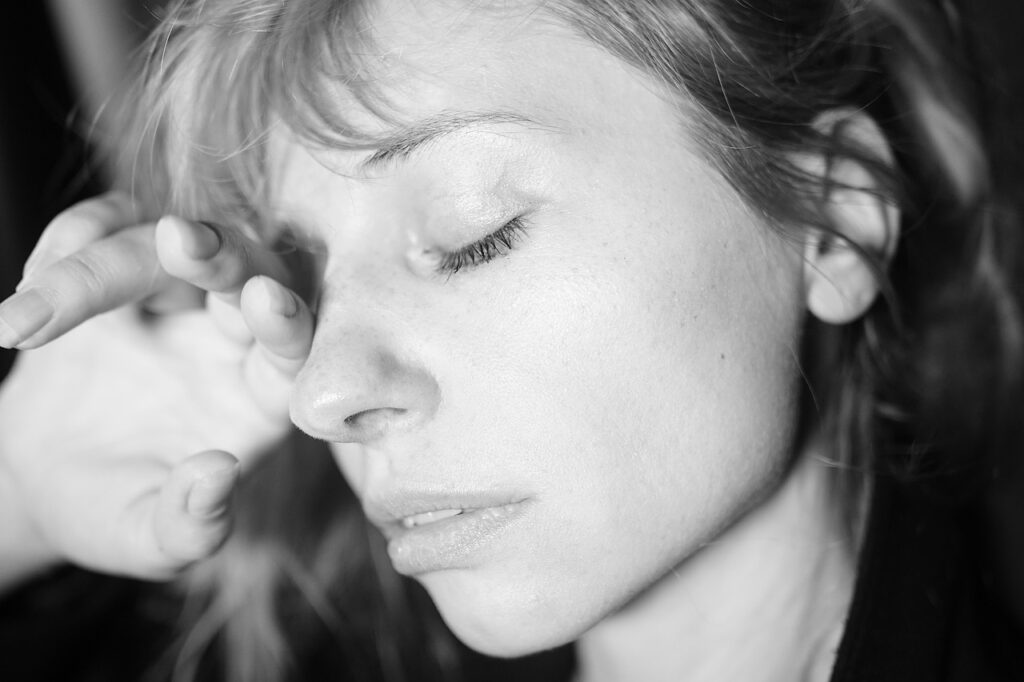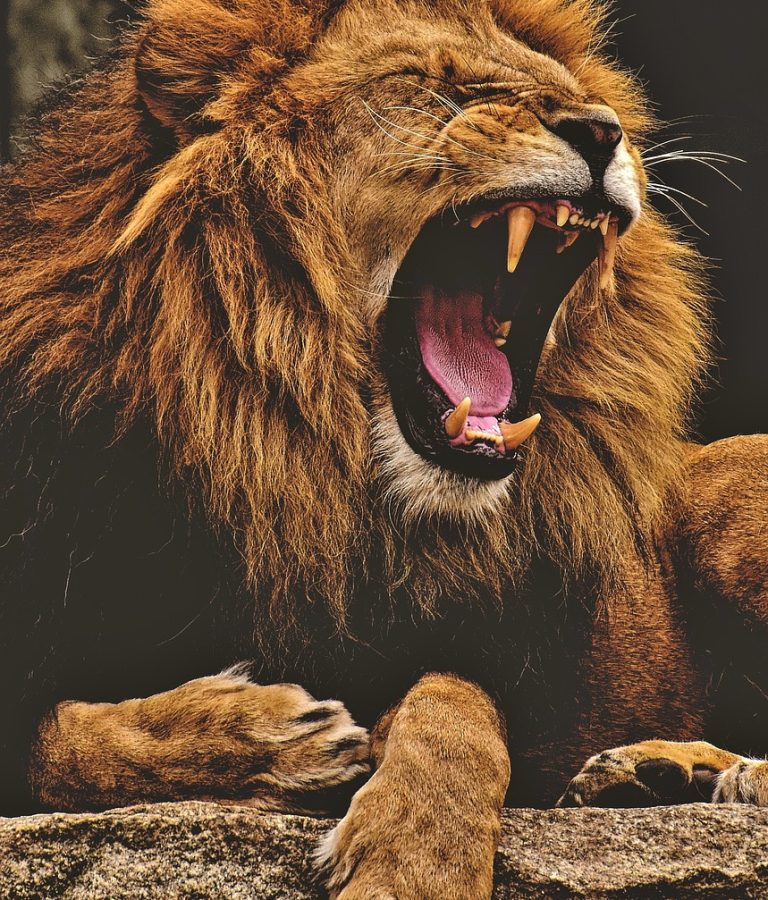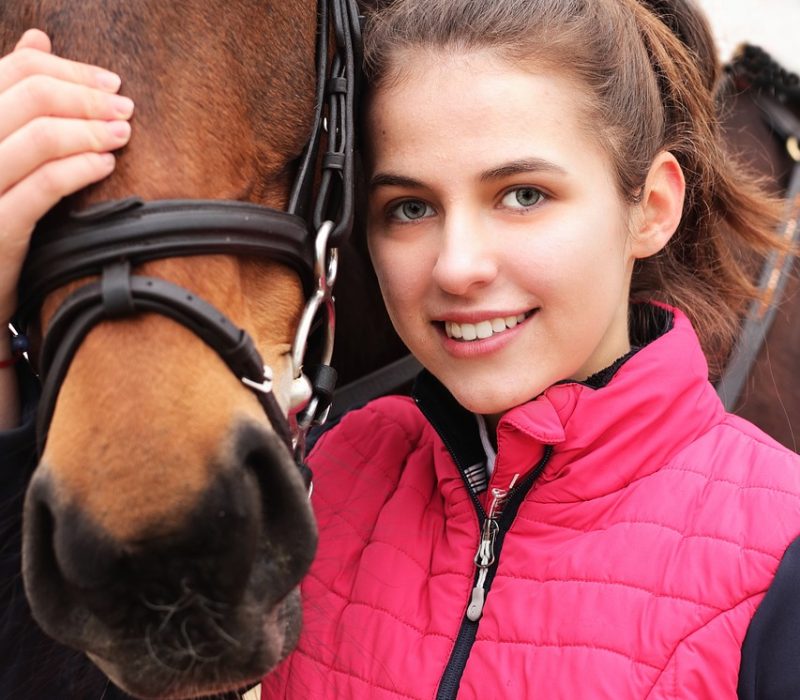
The Importance of Mindset for Competitive Equestrians to Achieve Consistent High Performance
In the equestrian competition environment success isn’t just about mastering the technical skills of riding, training, and understanding horses. While physical ability, knowledge, and preparation are crucial, it’s the rider’s mindset that can make the ultimate difference between sporadic victories and sustained excellence throughout a long and challenging season.
A strong and focused mindset is the foundation that powers consistent high performance in equestrian sports. From dressage to show jumping, eventing to endurance riding, here’s why the right mental approach is essential for equestrians aiming to perform at their best all season long.
Mental Resilience to Handle Pressure.
Competing at high levels brings huge pressure—whether it’s the pressure to succeed in front of an audience, deal with the unpredictability of horses, or the weight of personal expectations. Riders must be mentally resilient to navigate these challenges.
An equestrian season is long and filled with highs and lows. Riders who maintain a growth mindset, viewing failures as opportunities to learn rather than defeats, will bounce back quicker. Mental resilience enables them to focus on the next event without being weighed down by past disappointments. Top riders often talk about how they’ve trained their minds to stay calm in the face of failure and composed under pressure, which helps them perform consistently, regardless of external stressors.
- Hypnosis, mindfulness, and mindset coaching can significantly enhance an equestrian’s resilience by fostering mental clarity, focus, and emotional control. Hypnosis helps riders tap into their subconscious to overcome mental blocks, reduce performance anxiety, and build confidence.
- Mindfulness encourages present-moment awareness, allowing riders to stay calm under pressure and maintain concentration, which is crucial when handling unpredictable situations with horses.
- Mindset coaching reinforces positive thinking, helping equestrians reframe challenges, recover from setbacks, and cultivate a growth mindset.
Together, these tools strengthen mental resilience, enabling consistent performance throughout the season.


Fostering Focus and Concentration.
Competing as an equestrian requires a laser like level of focus, both from the rider and the horse. A momentary lapse in concentration can result in missed cues or mistakes that can be costly. Whether navigating a complex show jumping course or perfecting movements in dressage, riders must stay in the moment and be fully present.
Mental conditioning techniques such as visualization, breathing exercises, and mindfulness training can help riders sharpen their focus. The ability to clear the mind, shut out distractions, and focus on the partnership with the horse is essential for consistently strong performances throughout the season.
Once again, hypnosis can be a powerful tool to help equestrians improve their focus. Post-hypnotic suggestions can be used to block out distractions and enhance concentration.
Managing Emotions and Controlling Anxiety
Emotions are an inevitable part of competitive sports, and equestrianism is no different. Fear, anxiety, frustration, and even excitement can influence a rider’s ability to stay composed and maintain control over the horse. An unbalanced rider—emotionally or mentally—can transfer their anxiety or frustration to the horse, leading to poorer performance or even unsafe situations.
The best equestrians develop strategies to control their emotional responses. Keeping emotions in check allows them to stay focused, ride more effectively, and communicate more clearly with their horse, which leads to better overall performance.
Neuro-Linguistic Programming (NLP), hypnosis, mindfulness, and coaching offer powerful strategies for equestrians to manage their emotions and control anxiety. NLP helps riders reframe negative thought patterns, allowing them to shift their mindset and respond calmly under pressure.
Hypnosis can reduce anxiety by promoting deep relaxation and instilling positive suggestions that enhance emotional control during high-stress situations.
Mindfulness teaches equestrians to stay present and observe their emotions without judgment, reducing the impact of nerves or fear.
Meanwhile, coaching provides personalised guidance, helping riders build emotional resilience, develop coping strategies, and maintain mental clarity in the face of competition. Together, these approaches foster emotional balance, leading to improved performance and a stronger rider-horse partnership.


Building Confidence and Self-Belief
Confidence is essential for any athlete, but in equestrian sports, it’s crucial not just for the rider but also for the horse. Horses are incredibly sensitive animals, and they can pick up on their rider’s mood and energy. If a rider is nervous, uncertain, or lacks confidence, it can negatively affect the horse’s performance.
Successful riders cultivate unshakable self-belief, knowing they are capable of achieving their goals even in the face of adversity. This doesn’t come from arrogance, but from preparation, mental training, and trust in their abilities. By improving their mindset, riders can build the kind of confidence that resonates with their horses, fostering trust and improving performance.
Consistency Through Mental Discipline
One of the most challenging aspects of equestrian sports is maintaining a consistent level of performance throughout the season. Horses have good days and bad days, and so do riders. A rider’s mental discipline plays a key role in how they handle the unpredictability of their sport.
A well-trained mindset allows riders to approach each competition with a structured routine, regardless of external factors like weather, competition atmosphere, or the horse’s behaviour on the day. By sticking to their mental preparation and pre-competition rituals, they create a sense of control and consistency, which can greatly influence the outcome.


Learning from Failure Without Self-Criticism
In a sport where success is often measured by narrow margins, competitive equestrians must develop the ability to learn from failure without falling into cycles of self-criticism. In a long season, not every competition will go perfectly. Riders need to evaluate their performances critically but constructively.
A growth mindset promotes continuous learning and improvement. Riders who avoid dwelling on mistakes and focus on how to improve for the next event tend to achieve better results. This positive approach to setbacks is key to maintaining high performance over time, rather than being derailed by a single poor performance.
The Rider-Horse Partnership: A Mental Connection
The mental state of a rider directly influences the relationship with their horse. Horses are intuitive and can sense even the subtlest of changes in their rider’s demeanour. A rider who is mentally composed, confident, and focused helps create a calm and responsive horse.
For riders, the ability to read their horse’s emotions, anticipate its reactions, and remain calm under pressure fosters a stronger partnership. This mental connection between rider and horse is what enables them to perform as a cohesive team, especially when under the strain of competition.


Long-Term Mental Endurance
An equestrian season is not just physically demanding but also mentally exhausting. Sustaining high levels of performance over weeks or months requires mental endurance—the ability to stay motivated, disciplined, and positive throughout the season.
Burnout can affect riders who don’t prioritize their mental well-being. Practices like mental recovery, relaxation techniques, and maintaining a healthy balance between training, competition, and rest are critical. By maintaining mental endurance, riders can stay fresh and focused, ensuring their performance remains consistently high even as the season progresses.
Mindset coaching plays a crucial role in helping equestrians avoid burnout by teaching them how to prioritize their mental well-being. It offers tools to manage stress, maintain a positive attitude, and develop mental endurance throughout the season. Coaches guide riders in implementing practices like mental recovery, relaxation techniques, and balancing training with rest, which are essential for maintaining both physical and emotional health. By fostering self-awareness and resilience, mindset coaching enables riders to stay fresh, focused, and motivated, ensuring that their performance remains consistent even during the most demanding parts of the competitive season. This holistic approach helps riders sustain peak performance while protecting their long-term mental well-being
To Wrap it All Up
In equestrian sports, the mindset of the rider is just as important as their physical skills and understanding of horses. A resilient, focused, and disciplined mental approach not only enhances a rider’s performance but also strengthens the bond with their horse. Riders who commit to developing their mental game are more likely to perform at their best consistently throughout the season.
Ultimately, equestrian success lies in the perfect harmony between rider and horse, and achieving that harmony begins with the rider’s mindset. Developing and nurturing the right mental approach is essential for any equestrian aiming for consistent high performance and long-term success.
If you have any questions on my mindset coaching can help you to improve your mental approach to your equestrian sport then drop me a message.